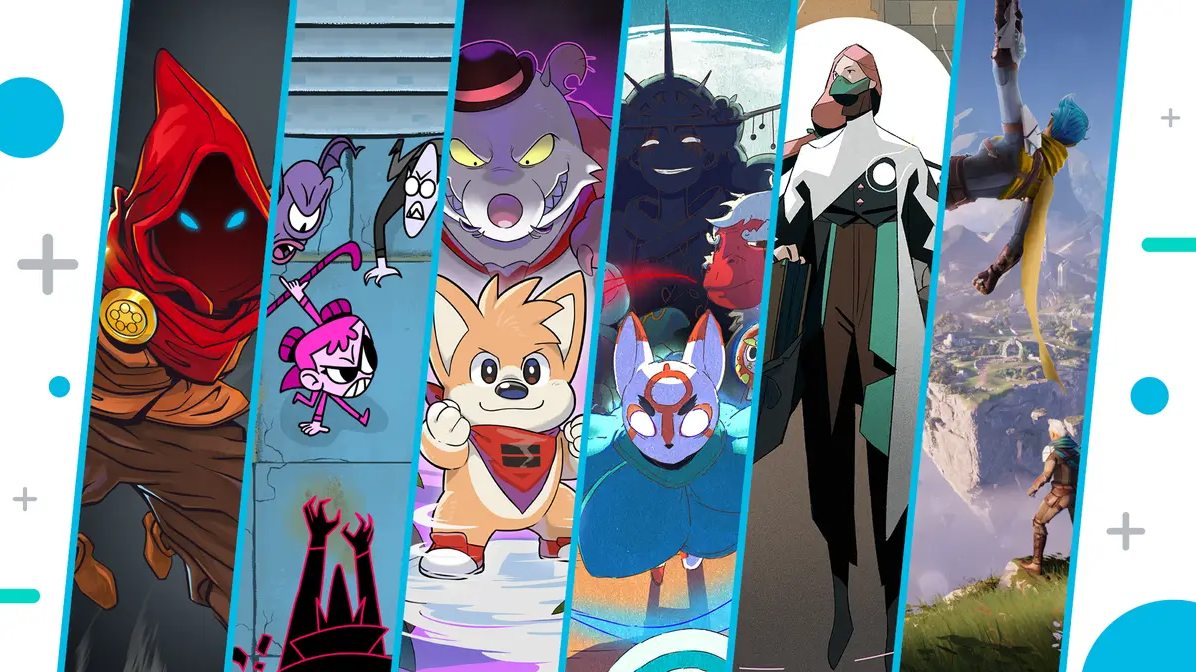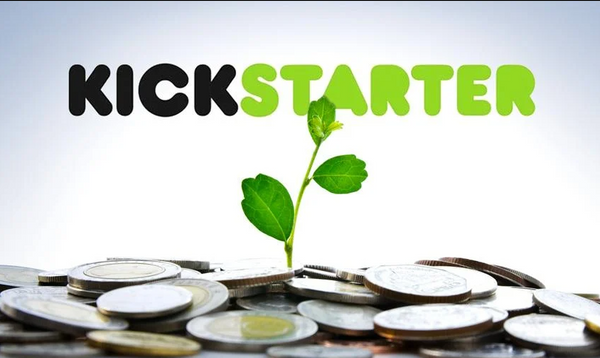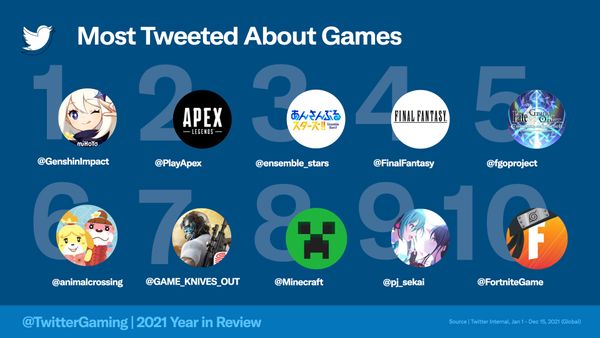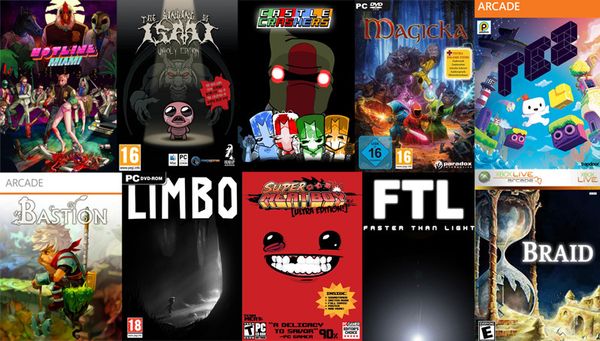In today's dynamic and highly competitive gaming industry, capturing the attention of players and standing out from the crowd can be a monumental challenge for game developers. While the quality of the game itself is undoubtedly a cornerstone of success, the way it is marketed and promoted can be equally crucial. In recent years, a powerful trend has emerged that has proven to be a game-changer in the world of game promotion – influencer marketing. By collaborating with influential figures in the gaming community, developers have managed to achieve remarkable success, boosting their game's popularity and leaving a lasting impact. In this blog, we will explore three intriguing case studies that demonstrate how influencer marketing has propelled game developers to new heights.
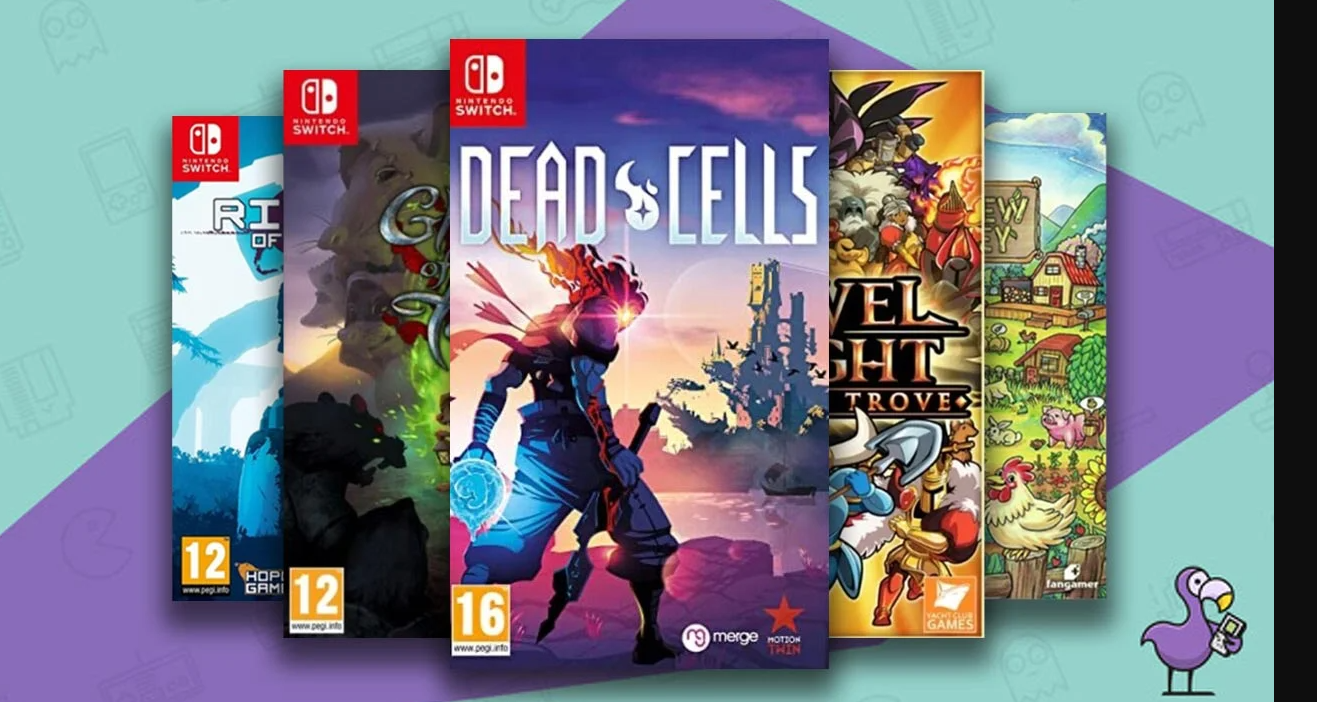
Case Study 1: "GameQuest"
Imagine a fantasy RPG that promises epic adventures, stunning visuals, and immersive gameplay. That's exactly what "GameQuest," developed by a small indie studio, had to offer. However, even the most remarkable games can go unnoticed in today's saturated market. This is where influencer marketing came into play.
The developer's strategy was simple yet effective. They meticulously identified gaming influencers whose content aligned with the game's genre and target audience. These influencers were given early access to the game, allowing them to explore its world and mechanics before the official release. The result? A flurry of engaging gameplay videos, teaser trailers, and reviews flooded the internet.
The real magic happened when the influencers encouraged their followers to create user-generated content (UGC). Challenges, fan art competitions, and gameplay highlights started circulating on social media platforms. The game's hashtag trended, and the developer saw an exponential increase in pre-orders and sales.
The success of "GameQuest" didn't just lie in the skyrocketing sales figures. The developer managed to create a strong community around the game, with players eagerly sharing their experiences and theories. This sense of belonging not only ensured the game's initial success but also laid a solid foundation for future updates and expansions.

Case Study 2: "FantasyRealms Online"
Massively multiplayer online role-playing games (MMORPGs) are known for their potential to create immersive virtual worlds. "FantasyRealms Online" was no exception, offering players a vast and enchanting realm to explore. To ensure the game's popularity, the developer turned to influencers in a way that would create a lasting impact.
Instead of simply showcasing gameplay, the developer engaged in collaborations with gaming influencers for livestreams and in-game tournaments. These events not only showcased the game's mechanics but also highlighted its competitive aspects. The influencers' enthusiastic participation sparked a surge in active players as viewers wanted to experience the thrill for themselves.
Furthermore, the influencer collaborations led to a significant boost in in-game purchases. Special in-game items and cosmetic enhancements featured during the streams became coveted by players, driving revenue and supporting the game's ongoing development. Additionally, the influencer-led tournaments contributed to the establishment of a competitive gaming scene around "FantasyRealms Online," further solidifying its presence in the gaming community.
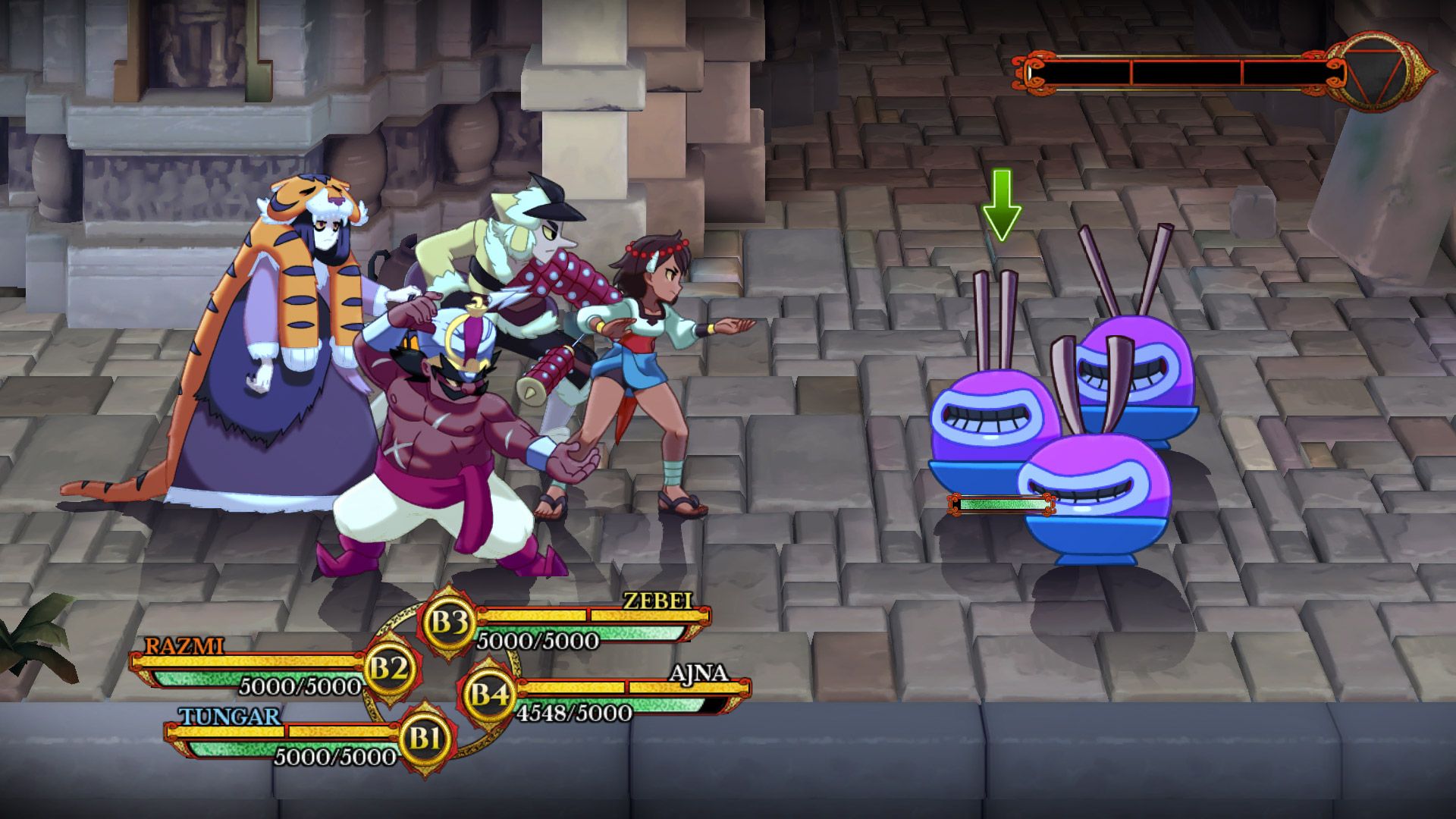
Case Study 3: "SpaceVenture"
Crowdfunding has become a popular way for developers to secure funding and engage with their potential player base. "SpaceVenture," a space exploration game, took a unique approach to influencer marketing during its crowdfunding campaign.
The developer provided influencers with exclusive sneak peeks and behind-the-scenes content related to the game's development. This not only generated excitement among the influencers themselves but also created a sense of exclusivity that piqued the curiosity of their followers. As influencers shared their exclusive insights, the game gained significant attention within the gaming community.
To take things a step further, the developer engaged influencers in actual game design decisions. This not only gave influencers a sense of ownership but also led to a higher level of player involvement. The influencers' dedicated fan bases rallied behind the game, resulting in a surge of crowdfunding support.
The success of "SpaceVenture" wasn't limited to its funding campaign. The influencer-driven buzz caught the attention of media outlets, resulting in extensive press coverage. The developer's innovative influencer strategy not only ensured the game's development but also created a dedicated and passionate player community.

Key Takeaways from These Case Studies
These case studies offer several valuable insights for aspiring game developers:
- Tailoring influencer campaigns to specific goals: Each developer had a unique approach based on their game's genre and target audience.
- Building authentic relationships with influencers: Genuine collaboration and involvement in the game's development process led to more impactful partnerships.
- Leveraging influencers for user-generated content: Engaging players through challenges and content creation can result in a vibrant and engaged community.
- Iterating and adapting strategies based on results: The developers continually refined their influencer strategies based on the outcomes they observed.
Conclusion
In the fast-paced and ever-evolving world of gaming, standing out is a challenge that requires innovative approaches. The case studies of "GameQuest," "FantasyRealms Online," and "SpaceVenture" vividly illustrate the transformative power of influencer marketing. By strategically collaborating with influencers, these developers not only achieved remarkable success in terms of sales and player engagement but also created lasting communities around their games. As the gaming industry continues to evolve, influencer marketing remains a potent tool for game developers seeking to carve their names into the annals of gaming history.
We hope this article proved to be helpful. We look forward to seeing you grow. For more such content or queries reach out to us and book a demo call today!

